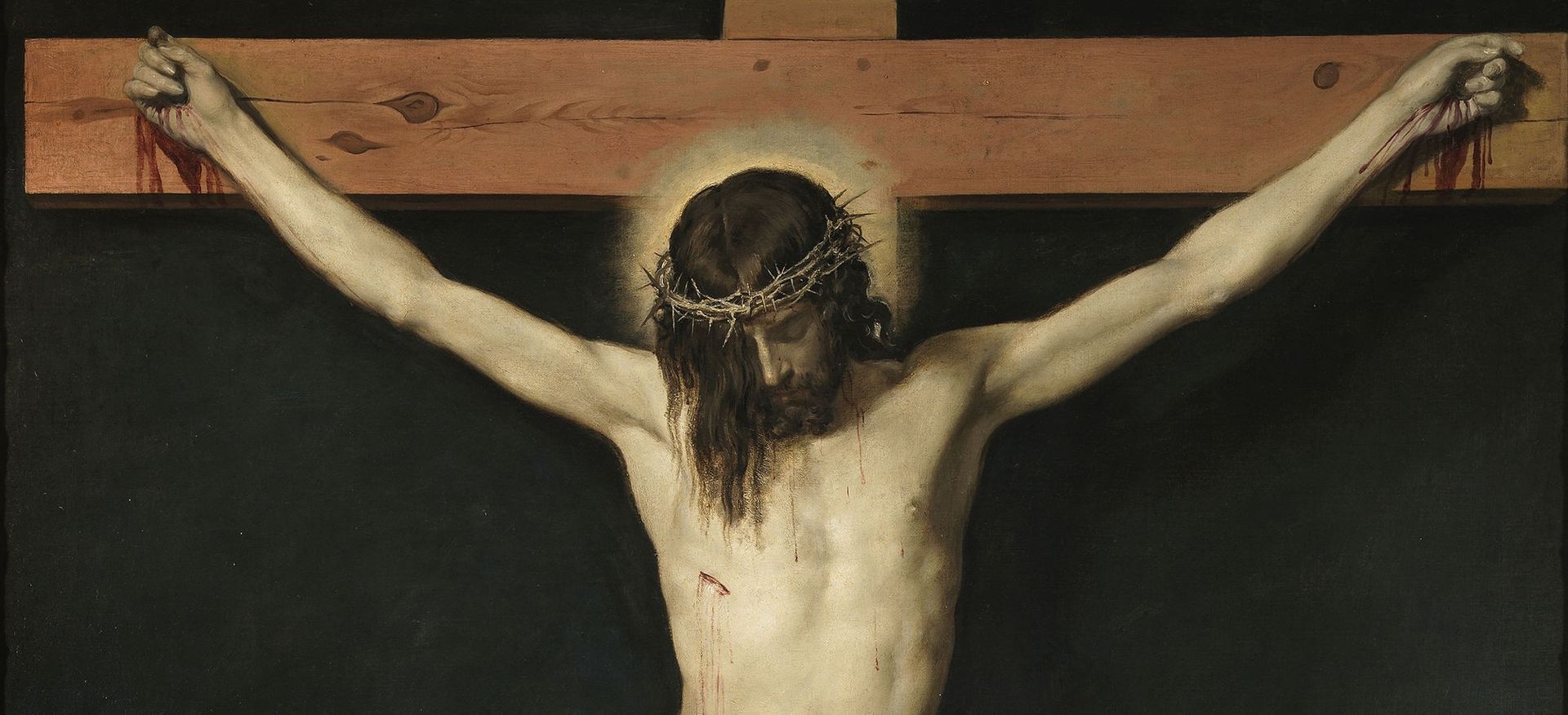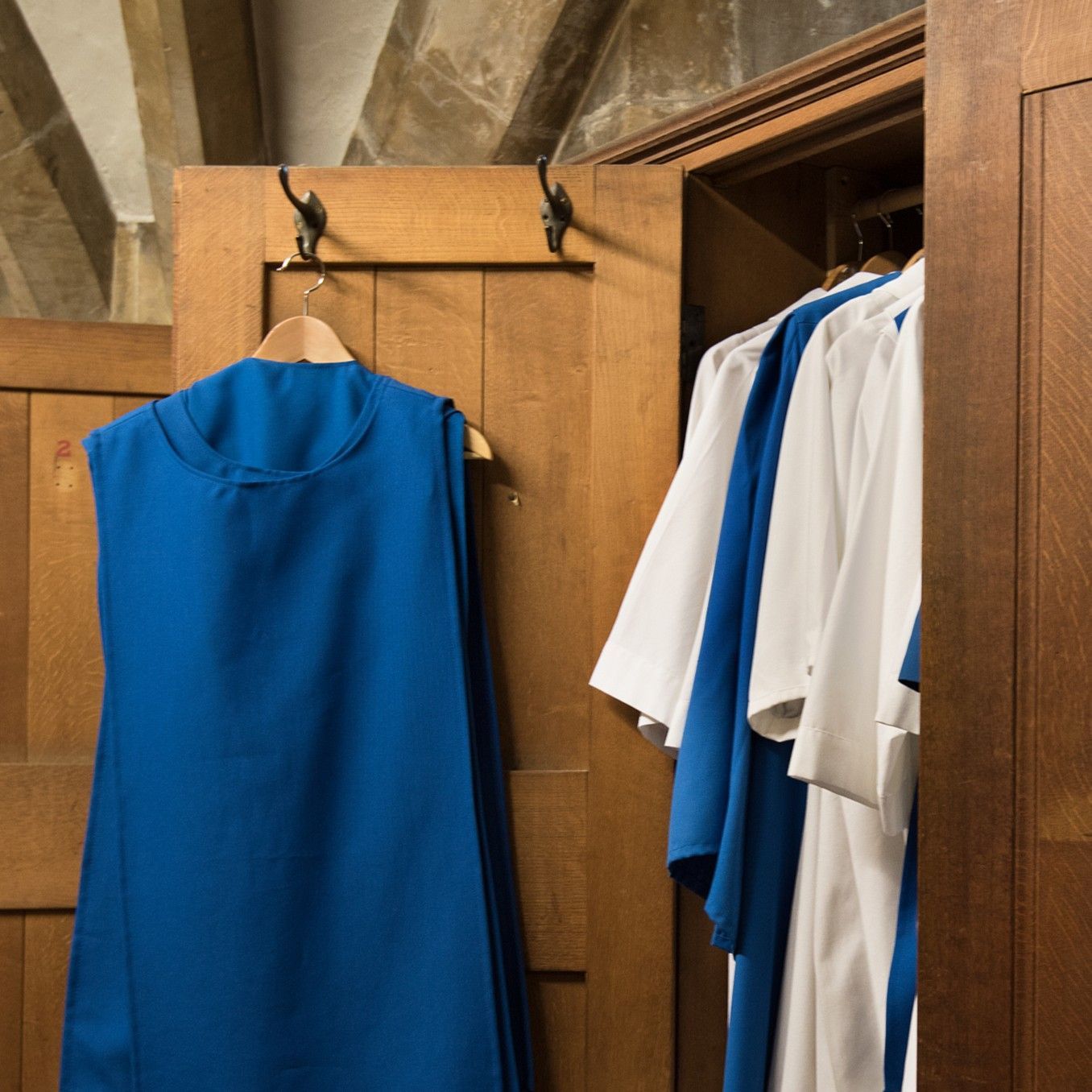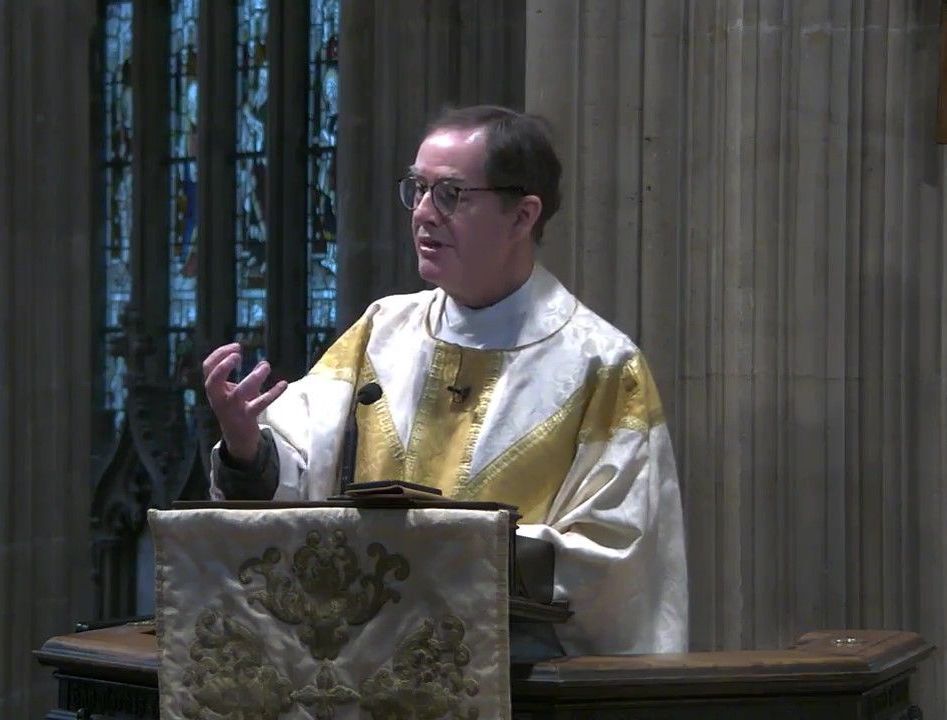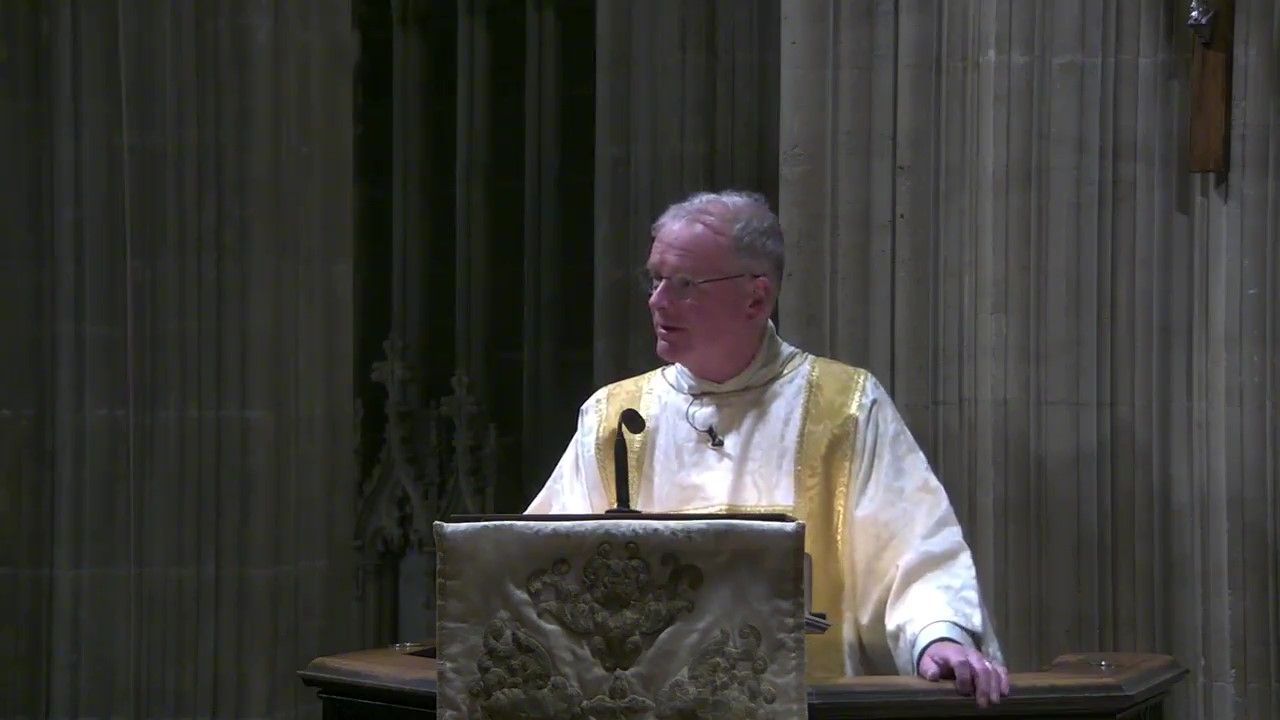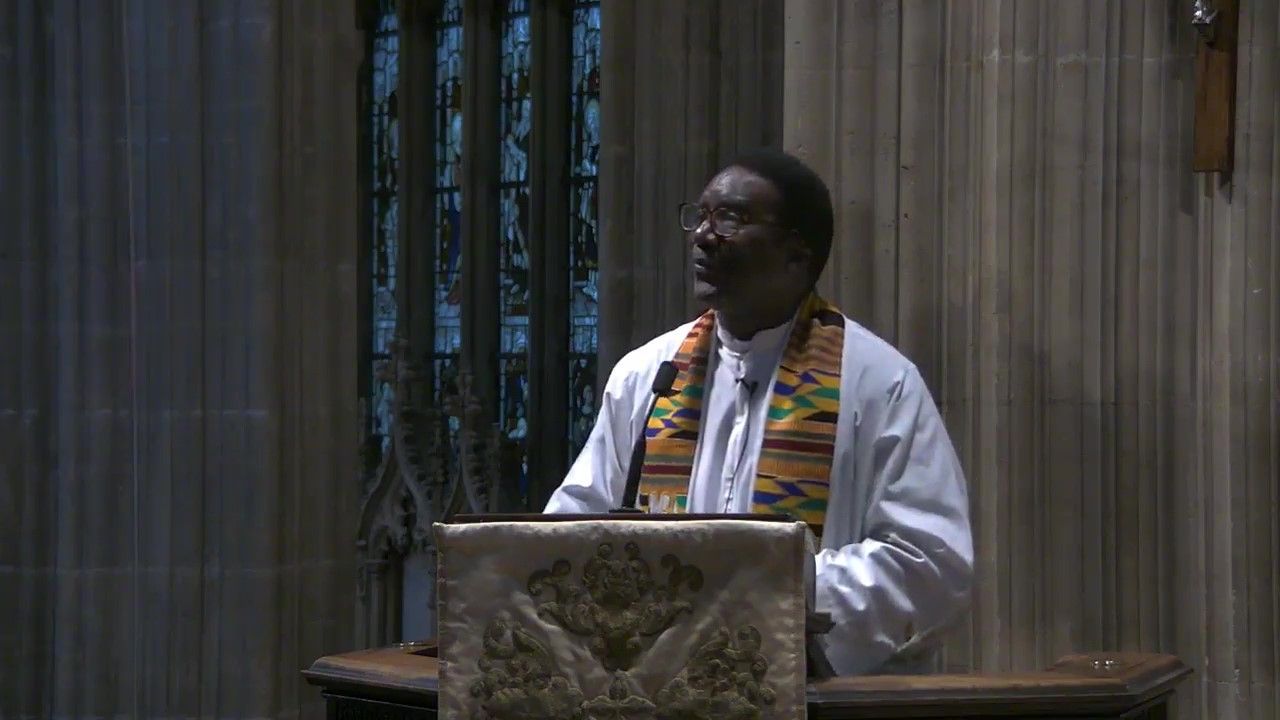Unless a grain of wheat ...
Unless a grain of wheat ...
It's in the run up to Passover, Jesus has just ridden into Jerusalem on a donkey, hailed by the crowds as the coming King of Israel. There are some Greeks (Gentiles, foreigners) in the city for the festival who come up to Philip, from Bethsaida in Galilee - why him? I'm not sure, but for John to give us that detail suggests there must have been a reason - and asks "Sir, we wish to see Jesus."
This simple request set in motion a series of conversations that do not seem to have ended with the Greeks meeting Jesus. Of course, lots of things happened around Jesus that are not recorded in the Gospels: but what we read is that Philip told Andrew and they went to tell Jesus and Jesus answers them: “The hour has come for the Son of Man to be glorified. Unless a grain of wheat falls into the earth and dies, it remains just a single grain; but if it dies, it bears much fruit.”
This simple request, from a foreigner to meet with Jesus, seems to have sparked an understanding in him that now is the moment to speak out, now the hour has come, now it is time for him to be glorified. All of this will unfold from here on in: over the course of the next seven chapters of John’s gospel and over the course of the next two weeks as we experience Palm Sunday, Holy Week and Easter.
More than that, if we accept that being glorified is a way of bearing much fruit, Jesus is clearly indicating that the hour has come for this particular grain of wheat to fall into the earth and die; and pushing that one step further, it seems clear that Jesus is informing those with ears to hear that death is a necessary prelude to bearing much fruit.
We are not good at talking about death. We have taken it from the front room and consigned it to the quiet corners of hospitals and care homes. We have turned it from being a personal, family affair to a professional, business transaction. We have left the dead behind and now live with memories of those who have passed on, departed, gone. I’m not criticising these shifts in language: but I do think it’s a shame and, especially at this moment in human history, we would do well to talk more and more easily about death.
In Jesus words: “Unless a grain of wheat falls into the earth and dies, it remains just a single grain; but if it dies, it bears much fruit.”

